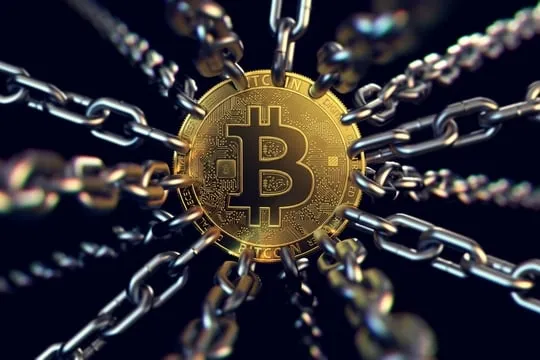This is an often confusing question. Here is a quick explanation!
The basics for a new user
As a new user, you can start with Bitcoin without understanding the technical details. Once you've installed a Bitcoin wallet on your computer or mobile phone, it will generate your first Bitcoin address and you can create new ones whenever you need them. You can divulge your addresses to your friends so they can pay you and vice versa. In fact, using Bitcoin is quite similar to exchanging emails, except that Bitcoin addresses should only be used once.

Sale - chain of blocks
The blockchain is a large shared public account book on which the entire Bitcoin network is based. All confirmed transactions are included in the blockchain. In this way, Bitcoin portfolios can calculate their balances and it is possible to verify that new transactions are spending bitcoins actually belonging to the payment issuer. The integrity and chronological order of the blockchain are provided by cryptographic means.
Private Key Transactions
A transaction is a transfer of value between Bitcoin wallets that is included in the block chain. Bitcoin portfolios hold secret information called a private key or seed that is used to sign transactions, providing mathematical proof that they come from the owner of each portfolio. The signature also prevents any modification of the transaction after it has been issued. All transactions are broadcast between users and usually begin to be confirmed by the network within 10 minutes by a process called mining.
Treatment - mining
Mining is a distributed consensus system that is used to confirm pending transactions by including them in the blockchain. It imposes a chronological order in the chain of blocks, protects the neutrality of the network and allows different computers to agree on the state of the system. To be confirmed, transactions must be included in a block that must correspond to very strict cryptographic rules that will be verified by the network. These rules prevent the modification of an earlier block because this would invalidate all subsequent blocks. Mining also induces the equivalent of a competitive lottery that prevents anyone from easily adding blocks consecutively in the block chain. In this way, no individual can control what is included in the blockchain or replace parts to cancel his own expenses.